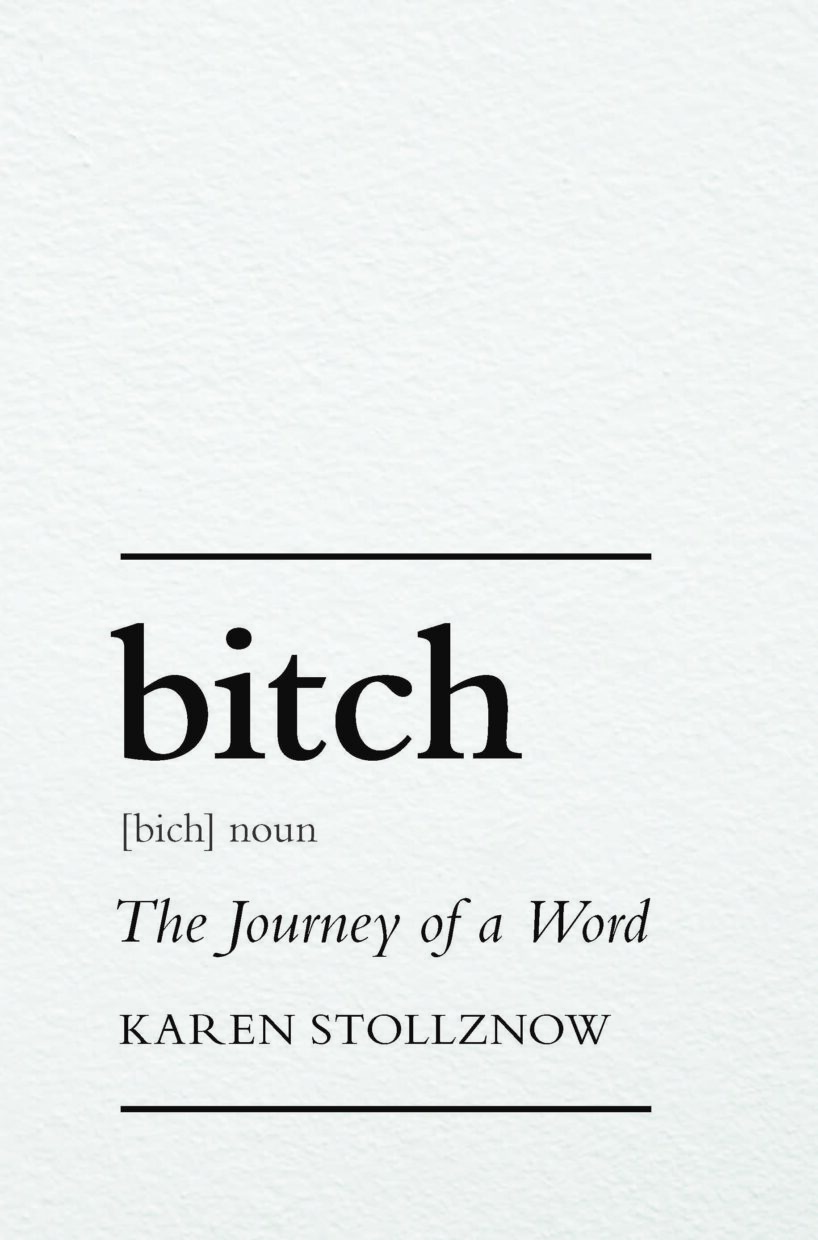How do good words turn bad?
Language is always on the move. Language never sits still, words and their meanings are always evolving and changing. A common feature of this change is a phenomenon called pejoration. This is a process by which a word that once had positive or neutral connotations acquires negative ones. It’s sometimes called semantic deterioration or degradation. (The name comes from pejoratus, the Latin word meaning “to become worse.”)
The word “silly” is a great example of a good word turned bad. In Middle English, silly (then spelled “seely”) meant happy or fortunate. As time went on, the definition shifted to mean someone who was innocent, holy, and pure. Then it came to mean a naïve person. By the 1500s the word became associated with its present-day connotations of something (or someone) that is foolish or ridiculous. Shakespeare used the word the same way that we use it today. In A Midsummer Night’s Dream, Hippolyta watches a farcically terrible performance of Pyramus and Thisbe and complains, “This is the silliest stuff that I ever heard.”
Another unexpected example of pejoration is the word discreet. It once meant a person who was wise or judicious in avoiding mistakes or trying to be careful about what one says or does. Chaucer’s “Physician’s Tale” tells the story of Virginia, who is this kind of virtuous person: “Discreet she was in answeryng always.” Nowadays, discreet has become a euphemism for an illicit sexual meeting. In an article in the Wall Street Journal the manager of an online dating service for singles said he banned the word discreet from advertisements because, “it’s often code for ‘married and looking to fool around.’”
Pejoration has happened a lot when it comes to words associated with women, with many benign terms becoming rude over time. Mistress was borrowed from French maistresse in the fourteenth century, when it meant a woman who was in charge of a household. Mistress was originally a respectable title, the female equivalent of master. But over time it came to mean the kept woman of a married man. In the thirteenth century, wenche simply meant a girl or young woman. Wench evolved to mean “servant girl” and was later used in the sense of a woman with loose morals. Similarly, hussy is an alteration of husewif meaning “housewife” or mistress of a household. By the 1600s it developed a derogatory sense, referring to a girl or woman who behaved in an inappropriate way, while today it means a woman who has many casual sexual relationships (or is accused of doing so anyway). Tart was once just an innocent shortening of “sweetheart,” but now means a prostitute or a sexually provocative woman. These changes reflect sexism and negative attitudes toward women in society.
There are many reasons why good words turn bad. Most often, this can happen when a word becomes associated with something taboo or embarrassing. For example, ass as in “donkey” pejorated when a different sense of the word became associated with the body part we sit on, and also became an insult for a foolish person. Similarly, cock as in “rooster” pejorated when it became slang for male genitalia. The word bitch originally meant a “female dog,” but over time, it also became an insult for women and then men as well. The phenomenon can occasionally go the other way too. This is a process known as amelioration in which bad words turn good, such as wicked and also bitch, although this happens less often than pejoration.
Good words turning bad is a natural phenomenon found across languages, and it reflects shifting values and attitudes in society, across both culture and time.
To find out more, read Karen Stollznow’s new book Bitch: The Journey of a Word, published by Cambridge University Press.








Now I want to know if there is a word for words that start out bad but turn even worse….